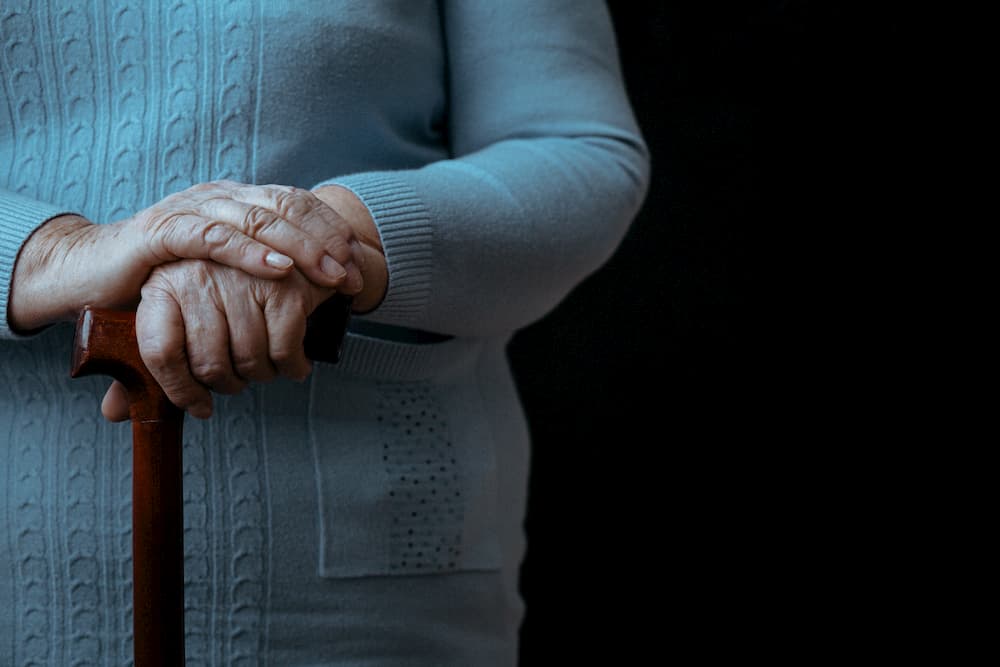
There are two types of LPA, one for financial matters and one for health and welfare. You can have one or both in place. They do not have to be used immediately they are signed, but can be registered so that they are ready when needed.
If you do not have an LPA in place and you should one day be unable to manage your affairs or make decisions, then no-one automatically has the right to act on your behalf, even if they are close family members.
They would need to apply to the court for a Deputyship Order, which can be a lengthy process and is considerably more expensive than making and registering an LPA. As well as the initial costs of a deputyship application, there are ongoing charges including the annual supervision fee and annual security bond fee.
An LPA is a fairly simple document appointing someone you trust to deal with your affairs on your behalf in the event that you cannot do so yourself.
A property and financial affairs LPA can come into effect when you choose, so you do not need to wait until you no longer have the mental capacity to make decisions. This can be useful if, for example, you have mobility issues, as your Attorney could go to the bank and other financial institutions on your behalf.
You can word the LPA to give your Attorney the power to deal with all of your property, money and other assets or you can choose to limit it to certain specified transactions or accounts.
This type of LPA allows your Attorney to make decisions about medical treatment, care and other welfare issues.
You can opt to expressly give the Attorney the power to make decisions about life-saving treatment.
A health and welfare LPA can only be used by your Attorney once you are no longer able to make decisions for yourself.
An LPA needs to be registered with the Court of Protection before it can be used. By registering it straight away, it will already be in place when required. Otherwise there may be a delay of up to three months while the court processes the application.
If you would like help in making an LPA, speak to one of our expert lawyers on 01276 415835/6/7